An Ant under a microscope r/pics
Place specimen on a Petri dish, and adjust for viewing under a dissecting microscope. Working quickly is important to preserve anesthesia and to avoid degeneration of the tissue once incisions are made (this can happen within seconds).. Figure 2: Scanning electron micrographs of the ant visual system demonstrating the imaging capabilities of.
Myrmoteras cuneonodum, ant head under a microscope Okinawa Institute of Science and Technology

Ants under a Microscope Classification, Microscopy and Observation General Introduction to Ants Ants are some of the most common insects found in various terrestrial ecosystems across the world (except the Antarctica). According to recent updates, there are over 12,000 known species of ants.
Winged African ant (Dorylus sp.) Insects, Insect photography, Ants

How to observe ants at low magnification Looking at ants through a simple magnifying lens, a handheld microscope, or a dissecting microscope, is simple and easy. The ant just needs to be caught and placed on a glass container or a petri dish, then observed through your chosen type of microscope.
A small (but glorious) world The best microscope images of 2012 Ars Technica
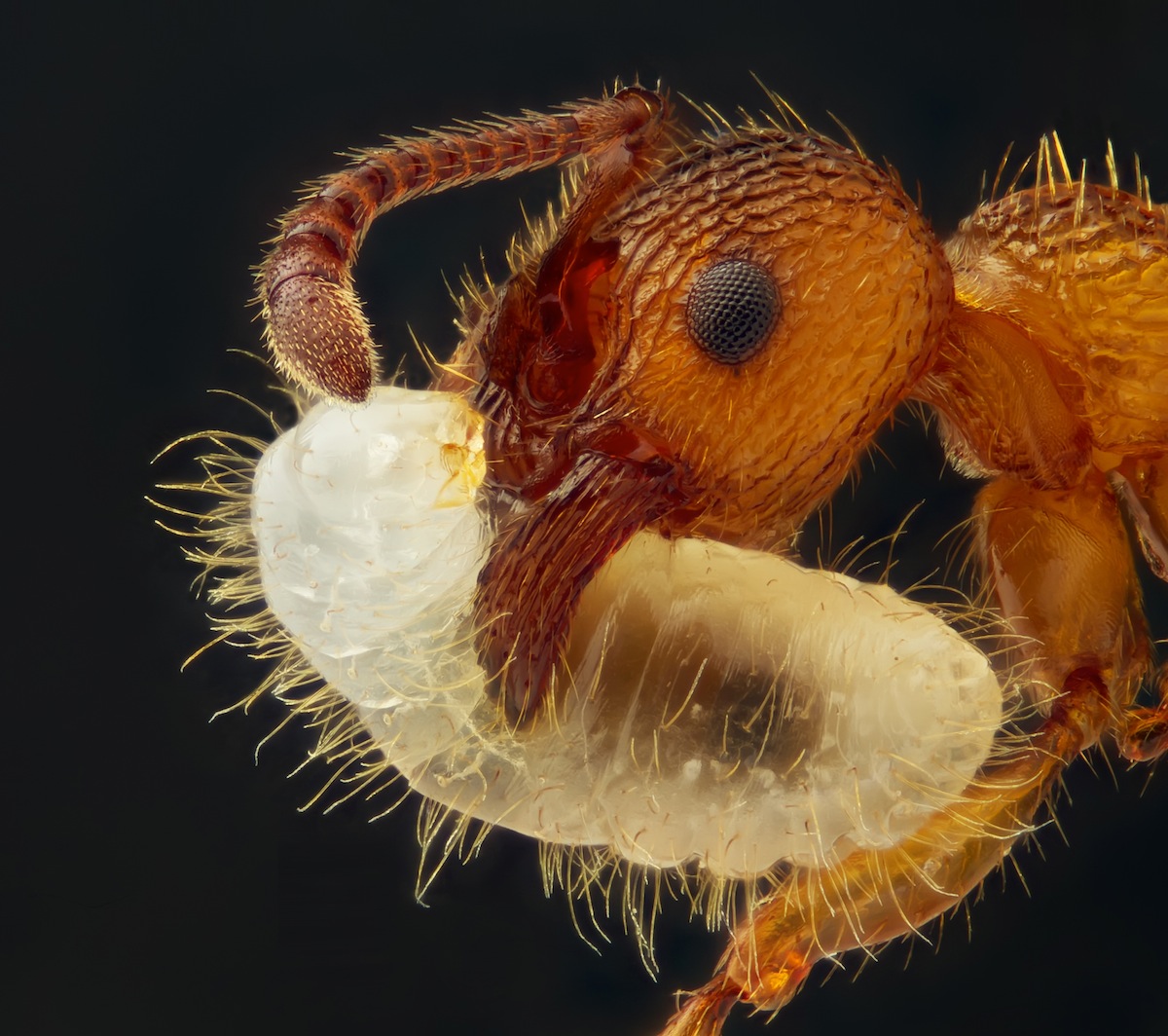
4. Ant under the microscope. Ants are one of the most common terrestrial insects found in various ecosystems. These are macroscopic organisms and can be easily viewed without a microscope. However, under a microscope, different parts of the ant can be seen in more detail.
Ant Under Microscope Things Under a Microscope

Ants under the Microscope Ants have colonized almost every landmass on earth. The only places that do not have ants are Antarctica and a few remote islands (Greenland, Iceland, and parts of Polynesia and the Hawaiian islands). Ants thrive in almost any ecosystem and may make up 15-25% of the terrestrial animal biomass.
Ant Under Microscope Things Under a Microscope

Ant Head - Electron Microscope Image. By Denver Microbeam Laboratory March 2004 (approx.) Original Thumbnail Medium.
The face of an ant, as seen through an electron microscope r/pics
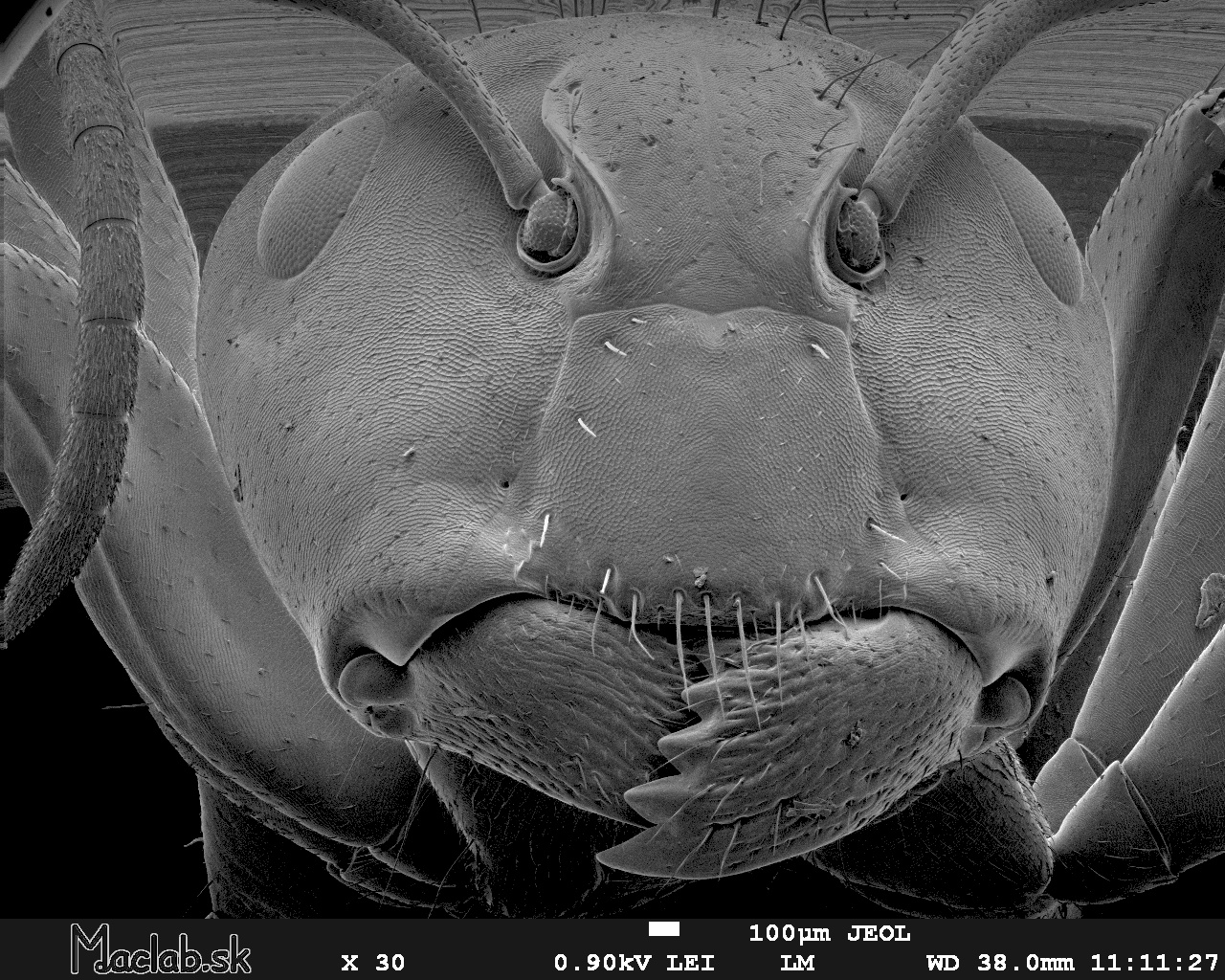
The photo was actually snapped through a microscope at 5x magnification, with a reflected light technique used to really bring out the details of the visage of the ant. As Kavaliauskas told the Washington Post, having tried his hand at photographing birds of prey he now focuses his attention on insects.
Pin on Makro monstra

Observing ants under a microscope is a great way to learn about the anatomy of the insects. It also gives you a glimpse into their lifestyles. Ants are social animals that live in colonies. They have six pairs of appendages, a petiolus, and compound eyes. They are found in most countries around the world.
Carpenter Ant Photograph by Dennis Kunkel Microscopy/science Photo Library Fine Art America
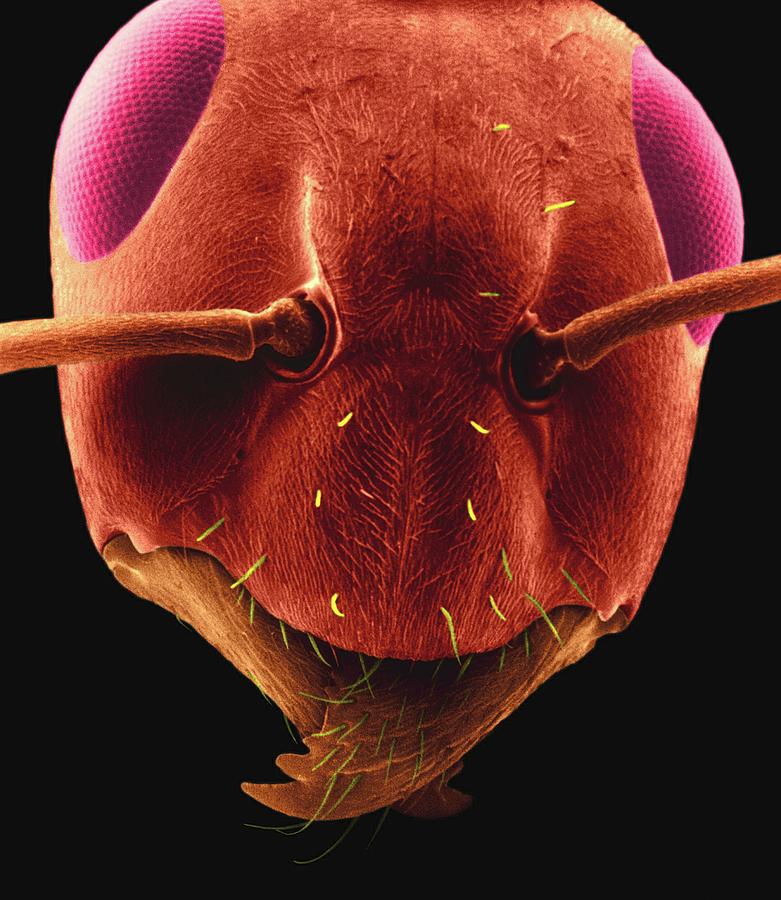
How do you observe an ant under a microscope? What does an ant look like in a magnifying glass? What does an ant look like under a microscope? Most commonly, you have seen ants with naked eyes that look like harmless creatures due to their small size, but it is interesting to explore their features under a microscope lens.
Electron Microscopy Lab School of Biology and Ecology University of Maine Макросъемки

Live Ant Under Microscope in 4kviewed using Nikon 4x APO objective and 10x APO objective
Bullet ant.......... Macro photography insects, Weird insects, Ants

i was sitting at the table and there was an ant on the back of my neck. I pulled it off and put it under the microscope. here it is.
What Does an Ant Look Like Under a Microscope? (Pictures Included) Optics Mag
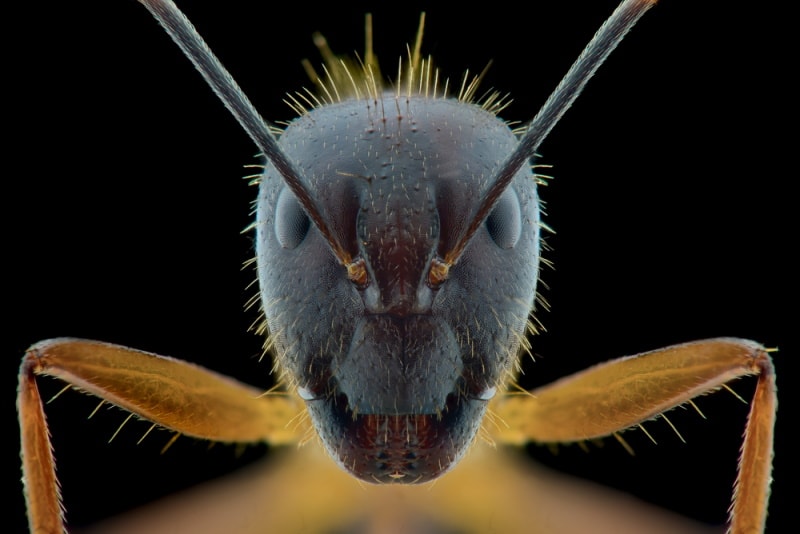
A startling photograph of an ant's face magnified five times under a microscope is swarming social media — though it barely merited a mention in the Nikon Small World Photomicrography.
An Ant Microscopic, Electron microscope, Scanning electron microscope

1 2 3 4 5 6 7 8 9 Share No views 1 minute ago #antsundermicroscope Ants' bodies have hidden details visible under a microscope, like segments and tiny hairs.
Observing Ants Under The Microscope » Microscope Club

ant through a microscope Ant head. Colored scanning electron micrograph (SEM) of the head of an ant (family Formicidae). showing its large compound eyes (red) and jaws. Magnification: x50 when printed 10 centimeters wide. Cordyceps parasitic fungus growing on an ant, also known as zombie-ant fungus, 3D illustration.
Scanning electron microscope image (40x) of an ant head, by Louisa Howard Insect & Arthropod

Ants have many body parts that are normally hard to see without a magnifying glass or microscope. And each structure has its own special function. When you come across an ant on the ground, it's almost always a worker ant. Workers are adult females that don't reproduce but perform all the other jobs needed to keep an ant colony alive and healthy.
Breathtaking Portraits That Meet Insects at Their Level by Nathan Allen Tenderly
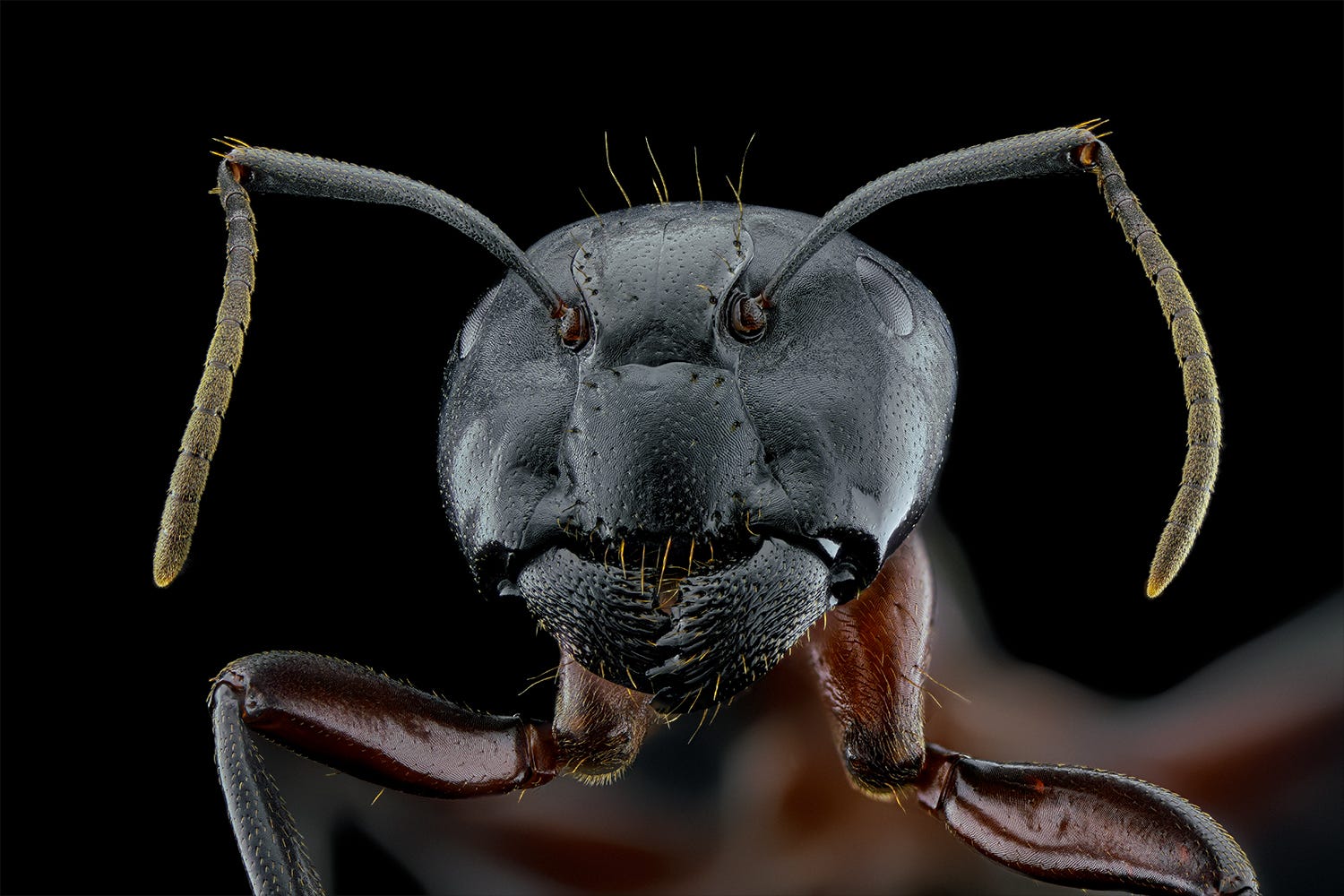
Examining ants under the microscope. It reveals fascinating details about their anatomy. It can be an exciting learning experience for both children and ad.